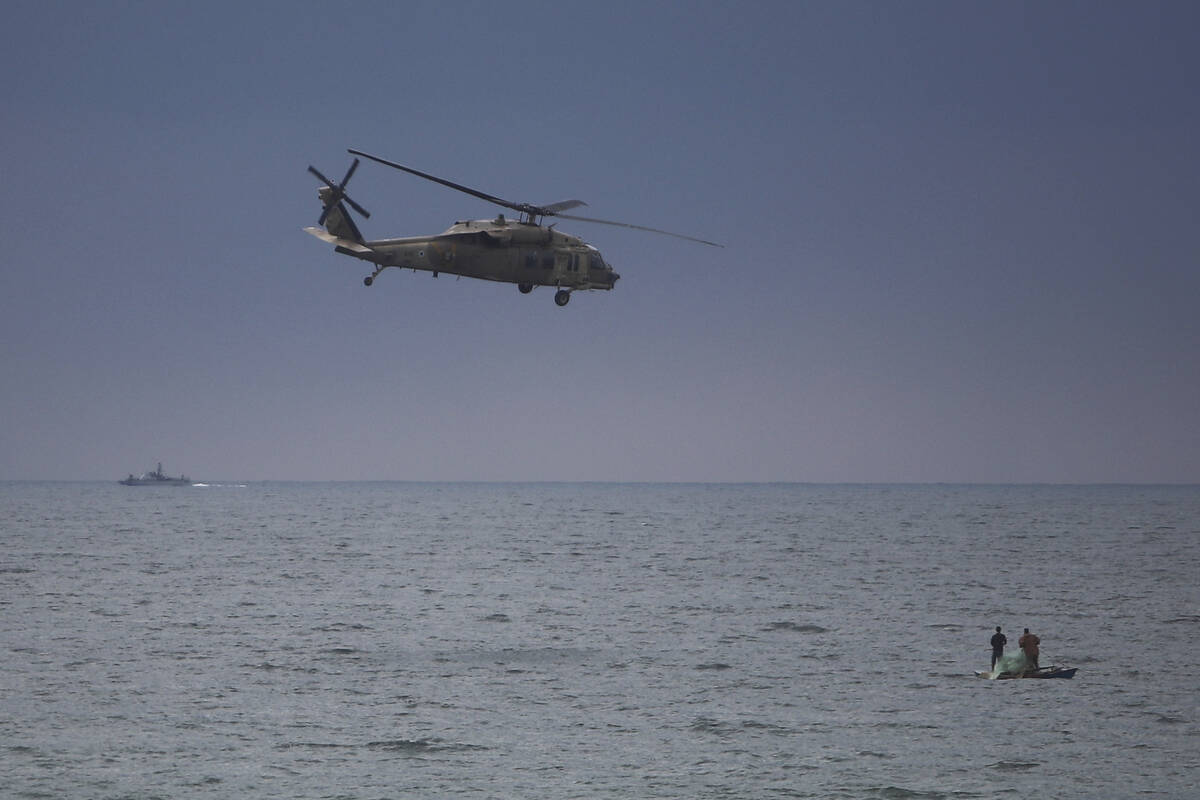Israeli forces storm hospital in Southern Gaza seeking hostage remains
RAFAH, Gaza Strip — Israeli forces stormed the main hospital in southern Gaza on Thursday, hours after Israeli fire killed a patient and wounded six others inside the complex. The Israeli army said it was seeking the remains of hostages taken by Hamas terrorists.
The raid on Nasser Hospital came a day after the army ordered thousands of displaced people who had taken shelter there to leave the hospital in the city of Khan Younis, the focus of Israel’s offensive against Hamas in recent weeks.
The war shows no sign of ending, and the risk of a broader conflict grew as Israel and Lebanon’s Hezbollah terrorist group stepped up attacks after a particularly deadly exchange on Wednesday.
The military said it had “credible intelligence” that Hamas had held hostages at Nasser Hospital and that the hostages’ remains might still be inside. Rear Adm. Daniel Hagari, the chief military spokesperson, said forces were conducting a “precise and limited” operation there and would not forcibly evacuate medics or patients. Israel accuses Hamas of using hospitals and other civilian structures to shield its fighters.
A released hostage told The Associated Press last month that she and over two dozen other captives had been held in Nasser Hospital. International law prohibits the targeting of medical facilities, but they can lose those protections if they are used for military purposes.
Separately, Israel launched airstrikes into southern Lebanon for a second day after killing 10 civilians and three Hezbollah fighters on Wednesday in response to a rocket attack that killed an Israeli soldier and wounded several others.
It was the deadliest exchange of fire along the border since the start of the Israel-Hamas war. Israel and Hezbollah have traded fire on a daily basis.
Negotiations over a cease-fire in Gaza, meanwhile, appear to have stalled, and Israeli Prime Minister Benjamin Netanyahu has vowed to continue the offensive until Hamas is destroyed and scores of hostages taken during the terrorists’ Oct. 7 attack are freed.
Around 130 captives remain in Gaza, a fourth of whom are believed to be dead. Netanyahu has come under intense pressure from hostages’ families and the wider public to make a deal to secure their freedom, but his far-right coalition partners could bring down his government if he is seen as being too soft on Hamas. Dozens of hostage relatives protested and blocked traffic Thursday outside the military’s headquarters, where the War Cabinet also meets.
Israeli media reported that CIA Director William Burns flew to Israel to meet with Netanyahu to discuss efforts for a cease-fire.
Hamas says it will not release all the remaining captives until Israel ends its offensive, withdraws and frees Palestinian prisoners, including top terrorists.
Netanyahu has rejected those demands and says Israel will soon expand its offensive into Rafah, Gaza’s southernmost city. Over half of Gaza’s population of 2.3 million has sought refuge in Rafah after fleeing fighting elsewhere.
Airstrikes late Wednesday in central Gaza killed at least 11 people, including four children and five women, according to hospital records. Relatives gathered around bodies wrapped in white shrouds outside Al-Aqsa Martyrs Hospital in the central town of Deir al-Balah before the remains were placed in a truck to be taken for burial.


















